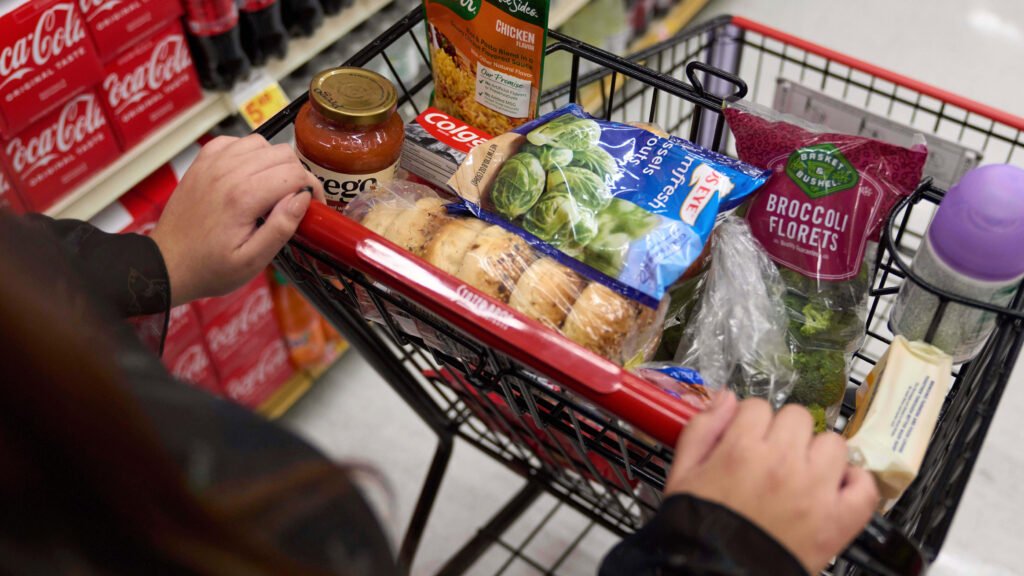As the government shutdown continues, millions of Americans are facing the imminent loss of access to food benefits, particularly those who rely on the Supplemental Nutrition Assistance Program (SNAP). At least 25 states have informed recipients that they will not receive SNAP checks in November, leaving many families in a precarious position. Health care experts are warning of dire consequences, as the lack of food benefits could force individuals to go hungry or make difficult choices between buying groceries, paying rent, or purchasing medication.
Lindsay Allen, a health economist at Northwestern University, emphasizes the critical role that SNAP plays in helping people manage chronic diseases such as diabetes, hypertension, and chronic kidney disease. Without SNAP funds, individuals may be forced to skip meals or opt for cheaper, less nutritious ultra-processed foods, leading to potential health issues. Research has shown that older Americans who receive SNAP benefits are less likely to skip medications, highlighting the impact of the program on overall health and well-being.
The Department of Agriculture, which administers SNAP, has stated that it will not tap into emergency funds to cover next month’s benefits due to restrictions on the use of such funds. Senate Democrats argue that they are holding out to protect Affordable Care Act subsidies, which could lead to a significant increase in insurance premiums if allowed to lapse. The ongoing political stalemate is leaving vulnerable populations at risk of hunger and food insecurity.
In the absence of SNAP benefits, some Americans may turn to food banks for assistance. However, food banks have also seen reductions in federal funding, making it challenging to meet the increased demand for food assistance. The current situation underscores the importance of SNAP as a safety net for individuals and families facing food insecurity.
Food insecurity not only affects physical health but also has implications for mental well-being. Research has shown that food insecurity is associated with higher rates of depression, anxiety, and stress. Children in food-insecure households may experience declines in academic performance and overall cognitive function due to inadequate access to nutritious food.
The disconnect between efforts to promote health, such as the Make America Healthy Again movement, and policies that hinder access to essential nutrition assistance programs like SNAP is concerning to experts. While initiatives like MAHA focus on improving diet quality, the reality is that many Americans are struggling to put food on the table. It is essential to address the root causes of food insecurity and ensure that all individuals have access to the nutrition they need to thrive.
In conclusion, the government shutdown and the impending loss of SNAP benefits highlight the urgent need to address food insecurity in the United States. As millions of Americans face the prospect of going hungry, it is crucial for policymakers to prioritize the well-being of vulnerable populations and ensure that essential nutrition assistance programs remain accessible to those in need.


